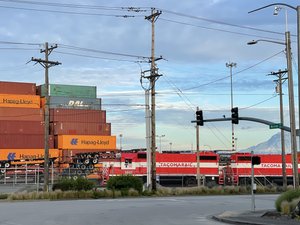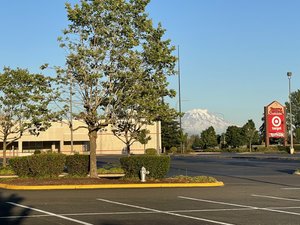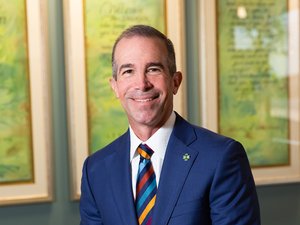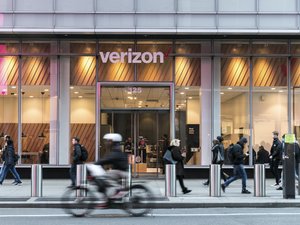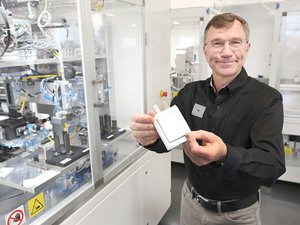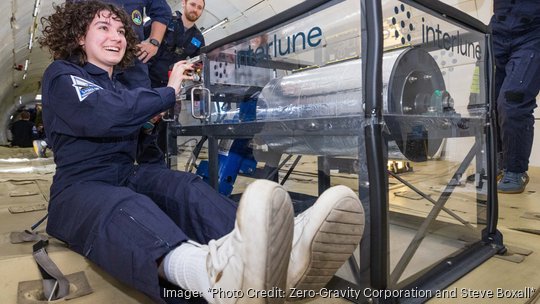
Seattle-based space resources startup Interlune has landed a $348,000 grant from NASA to develop its technology.
Interlune's harvester is aimed at taking lunar soil and improving its physical properties to extract valuable resources. It's part of Interlune's ambitions to extract helium-3, which is rare on Earth but plentiful on the moon, and bring it back to Earth to sell.
"This award is one more step toward our goal of rebuilding the entire U.S. industrial base for lunar exploration," Interlune co-founder and CEO Rob Meyerson said in a news release.
Interlune aims to sell helium-3 to commercial and government clients in quantum computing, national security, medical imaging and fusion energy. According to the company, its lunar soil harvester is smaller, lighter and needs less power than other models. Interlune said in the release it will use the NASA grant to test its harvester in a simulated lunar environment, with the goal of scaling the technology to handle multiple tons of lunar soil.
Related coverage
Interlune was founded in 2020. The company is focused on excavating, extracting and separating helium-3 rather than transportation to and from the moon. It has larger ambitions, however, around selling goods like water and rocket propellant as part of an in-space economy.
When Interlune launched out of stealth in March with $18 million in funding, Meyerson told the Business Journal the company plans to share rides with other expeditions to the moon, an option that's becoming cheaper and more routine. He said helium-3, or tritium, is plentiful on the moon but gets deflected away from Earth, and the only way to get it here is through tritium decay.
Meyerson added at the time that Interlune plans to conduct a prospecting mission as early as 2026, but the company won't bring back samples. In 2028, the company wants to complete a pilot mission in which it will bring back some helium-3. Interlune wants to conduct full operations and bring back several kilograms in 2030.
Meyerson helped lead Blue Origin as president starting in 2003 until his departure from Jeff Bezos' Kent-based space company in 2018. The company grew from less than a dozen employees to more than 1,500 during his time there. Other Interlune founders include Harrison Schmitt, an Apollo 17 astronaut, and longtime aerospace executive Indra Hornsby.
Interlune's investors include Seven Seven Six, Aurelia Foundry Fund, Gaingels, Liquid 2 Ventures, Shasta Ventures and University of Michigan alumni.
"Ten to 20 years out, we think there's going to be a thriving in-space economy," Meyerson said in March. "But today, helium-3 is the product that's going to pay the bills."
For more stories like this one, sign up for Seattle Inno newsletters from the Puget Sound Business Journal and the American Inno network.
